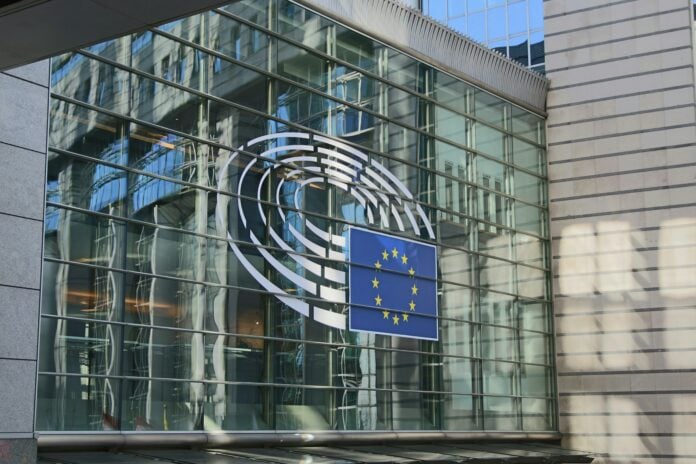Contrary to what happened with the last legislative elections, the Social Party (PS) won over the Democratic Alliance (AD) coalition. Although, similarly to what happened with the legislative election, but the other way around, the victory was a close call. The Socialist Party elected eight seats, and the coalition seven seats.
Even greater than on this victory, the lights shone onto the defeat of the extreme political powers. Contrary to what has been happening around Europe, such extreme parties did not get the advantage.
According to the sources, such a result may enable the Christian democrat, Ursula von der Leyen, to have a second term as President of the European Commission, whilst it also paves the way for the possibility that the next President of the European Council could be a socialist. Given the results of the elections and the possibility of the former Portuguese Prime Minister (António Costa) running for such a position, the current Prime Minister (Luís Montenegro) stated, publicly, that he would endorse the application, if it ever happens.
When it comes to the other political parties, the results were as follows:
The far-right party CHEGA, which was the third largest political force after the last legislative elections (with around 18% of the votes), dropped and came in fourth place with less than 10% of the votes. It elected two seats.
The moderate right Liberal Initiative (IL) surprised everyone including themselves. The liberals were almost able to equalize CHEGA, which was more than 10% higher in the legislative elections. It also elected two seats. Note that the two political parties are now separated only by 1 percentage point.
The biggest defeat was for the left wing. Both the Left Block (BE) and the coalition CDU (PCP-PEV, a coalition between the Communist Party and the Green Ecological Party) lost one seat each, when compared to the results of the last European elections. Both forces elected only one seat.
The Free Party (Livre) and the People-Animals-Nature Party did not elect anyone, getting zero seats.
Given these results and the subsequent non-domination of the far-right, the Portuguese Prime Minister chose to greet the country for “continuing to be, in Europe, a reference for moderation and for the values of the Union.”


